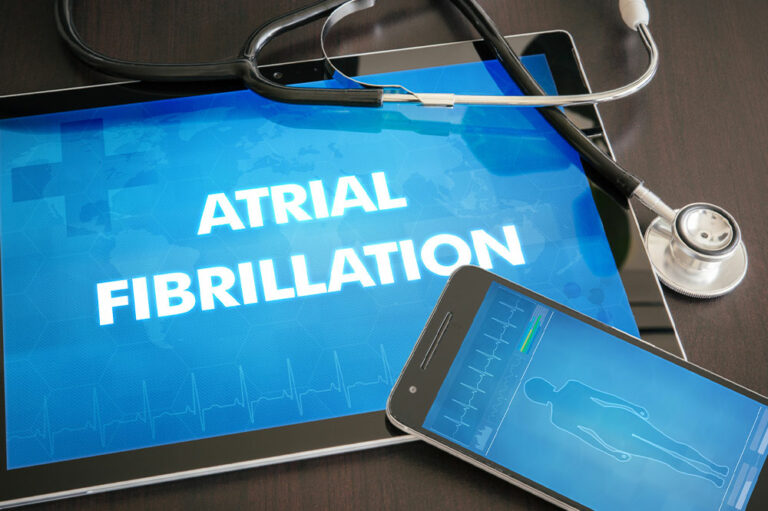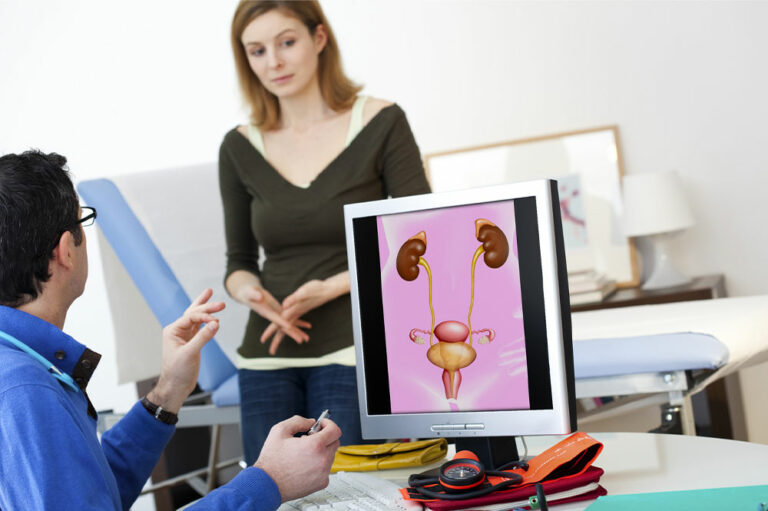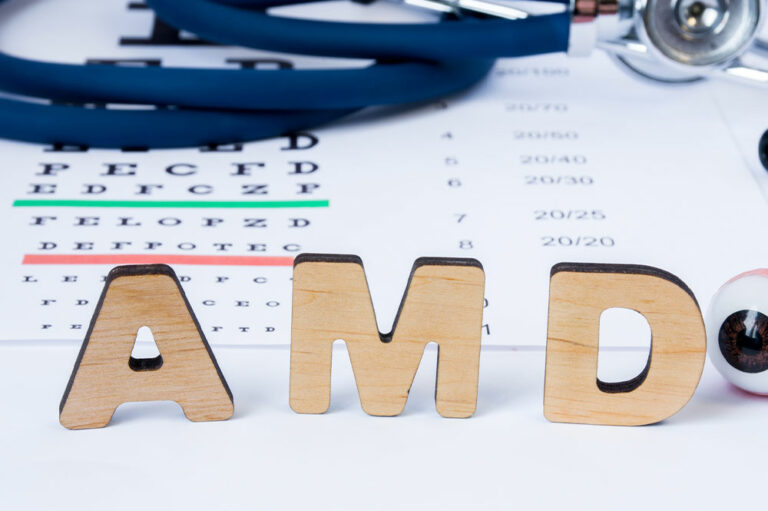
Health
Atrial fibrillation – Causes, symptoms, and management tips
The human heart is susceptible to several health complications, including atrial fibrillation (AFib). The condition is the most common type of treated heart arrhythmia, which is a term describing when the heart beats unusually slowly, fast, or irregularly. AFib is estimated to affect between 2.7 million to 6.1 million individuals in the country. An individual with the complication experiences irregular beating in the heart’s upper chambers, affecting blood flow, leading to health complications. Causes Irregularities in the structure of the heart are the most common cause of atrial fibrillation. Sometimes people may develop the condition without any known heart damage or problems. Risk factors like age may also contribute to the development of atrial fibrillation. Other potential causes of the phenomenon include a heart attack, sick sinus syndrome – issues with the heart’s natural pacemaker, coronary artery disease, congenital heart defect – A heart defect that an individual might be born with, high blood pressure, lung diseases, heart valve problems, use of stimulants, including certain prescriptions and caffeine, physical stress caused due to pneumonia, other illnesses, and also surgery, sleep apnea, overactive thyroid (hyperthyroidism), metabolic imbalances, viral infections, and complications due to earlier heart surgery. Symptoms A person who develops atrial fibrillation may not notice symptoms, and the condition is detected only after a physical examination.
Read More 







